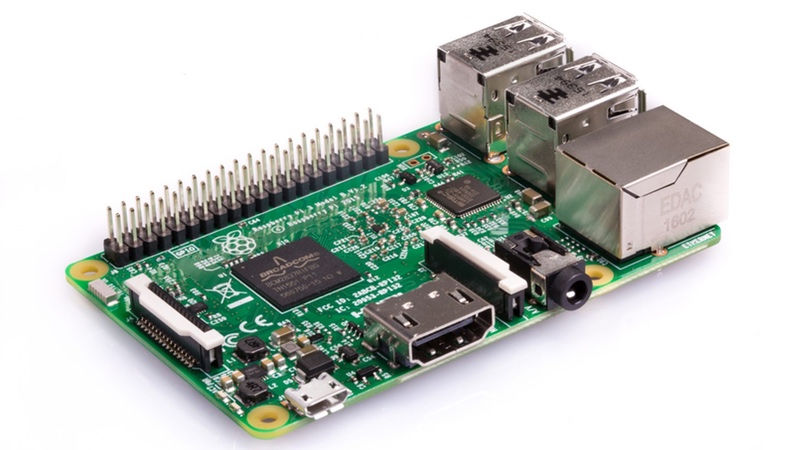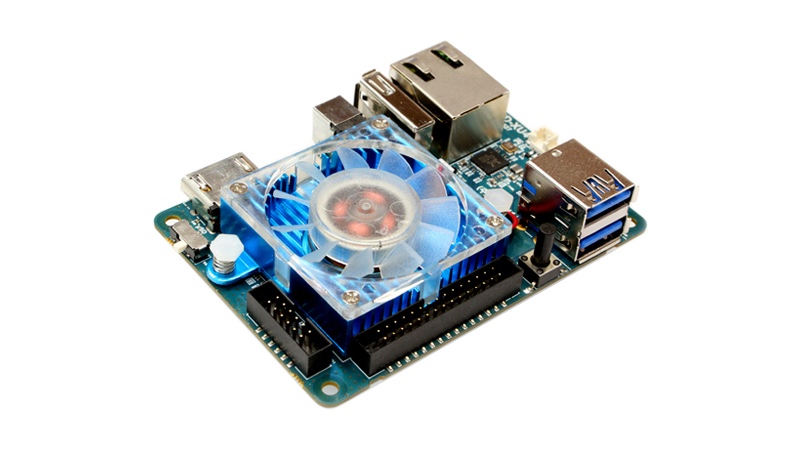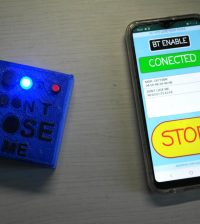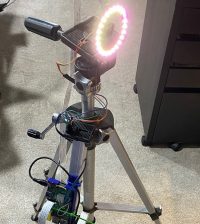- makeITcircular 2024 content launched – Part of Maker Faire Rome 2024Posted 2 weeks ago
- Application For Maker Faire Rome 2024: Deadline June 20thPosted 2 months ago
- Building a 3D Digital Clock with ArduinoPosted 7 months ago
- Creating a controller for Minecraft with realistic body movements using ArduinoPosted 7 months ago
- Snowflake with ArduinoPosted 8 months ago
- Holographic Christmas TreePosted 8 months ago
- Segstick: Build Your Own Self-Balancing Vehicle in Just 2 Days with ArduinoPosted 8 months ago
- ZSWatch: An Open-Source Smartwatch Project Based on the Zephyr Operating SystemPosted 9 months ago
- What is IoT and which devices to usePosted 9 months ago
- Maker Faire Rome Unveils Thrilling “Padel Smash Future” Pavilion for Sports EnthusiastsPosted 10 months ago
Raspberry Pi or not Raspberry Pi?

Everyone knows Raspberry Pi, maybe everyone’s got one…but what if you want something different?
The Raspberry Pi is an awesome computer for the price, but it is not the only single-board computer in the market, of course.
If you want more power, or something that costs even less, there are a lot of alternatives out there.
Let’s take a look at these single-board computer rivals:
- Asus Tinker Board: It’s powered by a 1.8GHz quad-core processor and 2GB of RAM. It runs Asus TinkerOS, which is a variant of Debian-based Linux and supports Android as well. Asus says the Tinker Board features plug-and-play support for NTFS hard drives and flash drives. It supports UHD video playback.
- Orange Pi Zero: this open-source single-board computer has a quad-core Cortex A7 processor, a Mali 400 MP2 GPU, 256MB of RAM (there’s also a 512MB version), apart from support for Wi-Fi and up to 64GB storage via a TF card. This should be good enough to run 1080p videos that use H.265 video formats. The Orange Pi Zero can run Android 4.4 and Ubuntu.
- BBC Micro:bit: maybe this development board isn’t really an alternative. BBC says the Micro:bit can be used to create robots and musical instruments, apart from as a controller for games or songs. It has mobile apps that let you send code to the Micro:bit via Bluetooth, which is great for kids who’ve grown up with smartphones.
- Odroid XU4: The Odroid XU4 has an octa-core CPU, 2GB of RAM, and supports lots of connectivity options such as eMMC5.0 HS400 flash storage, 2 USB 3.0 ports, an HDMI 1.4a port and an Ethernet port. Odroid XU4 can run several variants of Linux including Ubuntu 16.04, apart from various versions of Android, which includes Android 7.1 Nougat.
What do you think about these Raspberry Pi alternatives?
















